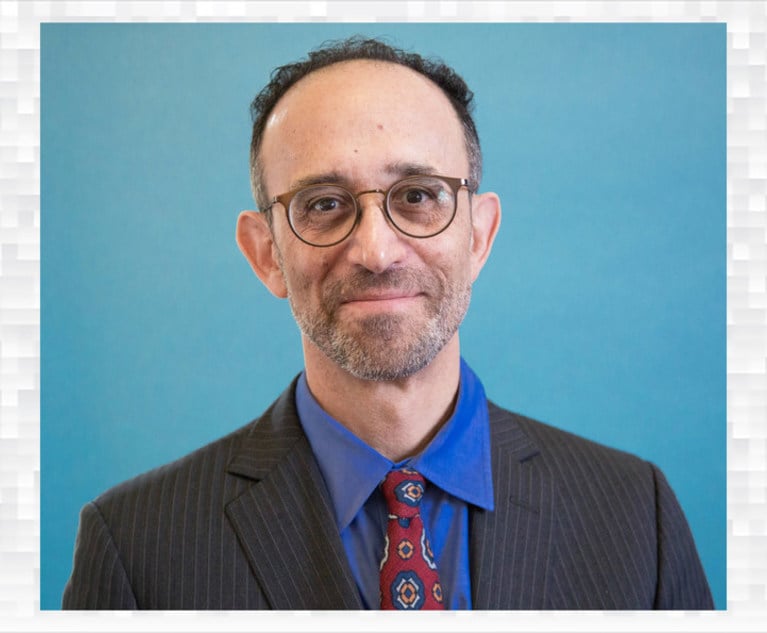The ethical principle behind escrow funds is simple—the funds belong to a client or a third party, not the attorney. The attorney, who is a fiduciary, cannot commingle escrow funds with the attorney’s own funds. Escrow funds cannot be used for any personal purpose of the attorney. 22 NYCRR 1.15(a).
Appellate Division rules (22 NYCRR 1300.1) set forth requirements for dishonored and overdraft check reporting. Banks must agree to report any case in which an instrument (almost always a check, so I will use that term) drawn on an escrow account is presented for payment and there are insufficient funds to pay the check, regardless of whether the bank pays or bounces the check. The rule applies only if the check is otherwise properly payable. See Monreal v. Fleet Bank, 95 N.Y.2d 204 (2000); UCC 4-401.
Roping in the Banks
This content has been archived. It is available through our partners, LexisNexis® and Bloomberg Law.
To view this content, please continue to their sites.
Not a Lexis Subscriber?
Subscribe Now
Not a Bloomberg Law Subscriber?
Subscribe Now
LexisNexis® and Bloomberg Law are third party online distributors of the broad collection of current and archived versions of ALM's legal news publications. LexisNexis® and Bloomberg Law customers are able to access and use ALM's content, including content from the National Law Journal, The American Lawyer, Legaltech News, The New York Law Journal, and Corporate Counsel, as well as other sources of legal information.
For questions call 1-877-256-2472 or contact us at [email protected]


 Credit: Andrey_Popov/Shutterstock
Credit: Andrey_Popov/Shutterstock




